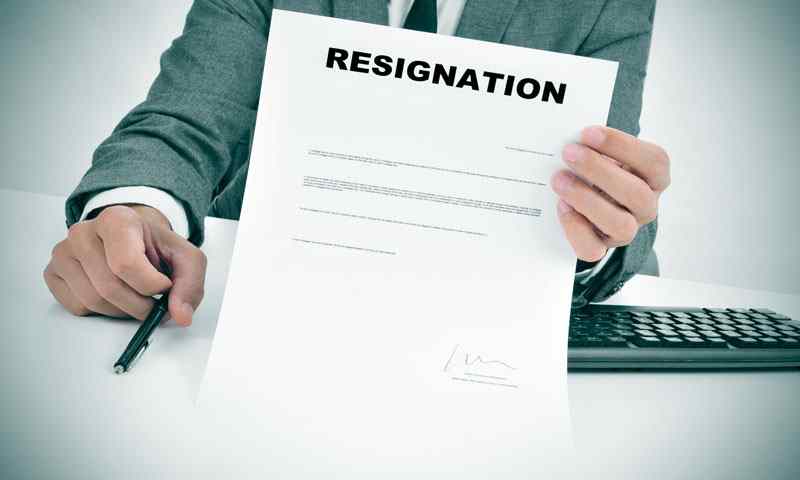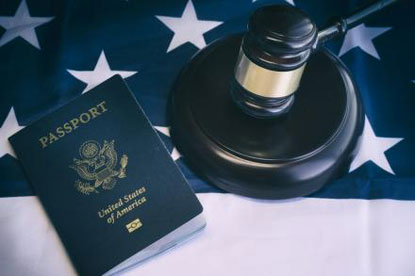Summary: As the Supreme Court comes together for a new term, they will be tackling major issues plaguing the court systems.
A full Supreme Court took their places on the bench Monday to what will likely be one of the most consequential terms in decades. The justices can take a range of cases, including religious liberty, cell phone privacy, immigration, voting rights, and possibly even President Donald Trump’s travel ban.
As Justice Ruth Bader Ginsburg noted at a Georgetown Law event, “There is only one prediction that is entirely safe about the upcoming term, and that is it will be momentous.”
Most of the cases from the last term had only eight justices sitting on the bench, resulting in narrow opinions in an attempt to prevent 4-4 splits. Now Justice Neil Gorsuch will be part of the court, filling the position of the late Justice Antonin Scalia. He breaks the tie so that there are five conservatives and four liberals on the bench with Justice Anthony Kennedy serving as the swing vote. Rumors floating around suggest that Kennedy may be retiring soon, taking away the chance for liberals to win on issues like immigration and LGBT rights.
Travel Ban – One of the top issues is the challenge to Trump’s travel ban. They will soon hear oral arguments to determine if the President was legally justified when he temporarily blocked travel from several countries for national security concerns. Challengers to the ban cited Trump’s anti-Muslim comments during his campaign. His administration notes, “The Constitution and Acts of Congress confer on the President’s board authority to suspend or restrict the entry of aliens outside the United States, when he deems it in the Nation’s interest.” The Supreme Court already allowed some of the travel ban to go into effect several months ago.
Immigration – This issue is tied closely to the travel ban case. The Supreme Court will rehear a case regarding mandatory deportation of lawful permanent residents that receive criminal convictions. Sessions v. Dimaya went before the Supreme Court in January before Gorsuch was part of the court. By June, they were divided but with Gorsuch, they may be able to reach a decision.
Gerrymandering and voting rights – The Justices will hear a case that may reshape electoral maps all over the country. The biggest issue of the case is partisan gerrymandering. Democrats in Wisconsin are challenging the maps drawn up to benefit Republicans.
Religious liberty – The issue of religious freedoms by small business owners has been an issue for years. In 2012, Jack Phillips, owner of Masterpiece Cakeshop, refused to bake a cake for a same-sex marriage because of his religious beliefs. Lower courts have ruled in favor the gay couple for anti-discrimination laws. Acting Solicitor General Jeff Wall wrote, “Forcing Phillips to create expression for and participate in a ceremony that violates his sincerely held religious beliefs invades his First Amendment rights. The government may not enact content-based laws commanding a speaker to engage in protected expression: An artist cannot be forced to paint, a musician cannot be forced to play, and a poet cannot be forced to write.”
Cell phone privacy – As technology continues to develop, privacy concerns become a big topic. The issue of whether warrants must be obtained before investigators can use cell tower data to track locations and movements of users over a period of time has come up.
What topic are you the most excited to hear the Supreme Court discuss? Share your thoughts with us in the comments below.
To learn more about some of these cases going before the Supreme Court, read these articles:
- Supreme Court Agrees to Take On Cell Phone Privacy Issues
- LGBT Employer Discrimination Cases Work Their Way Up the Courts
- Trump’s Travel Ban to Be Replaced with Country-Specific Restrictions
Photo: supremecourt.gov

















































